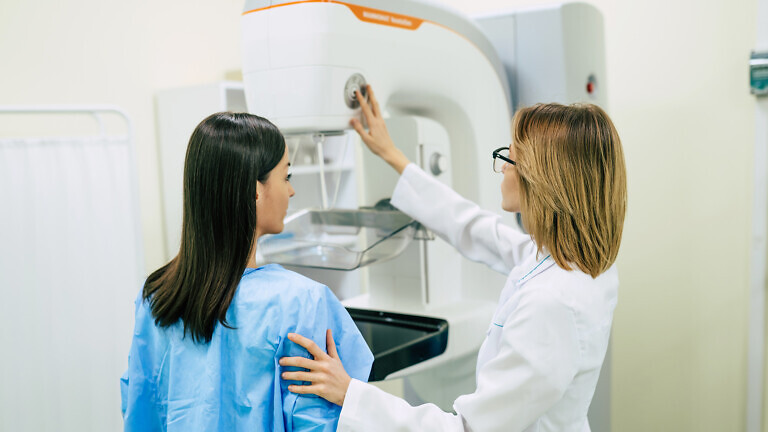The MHRA is making recommendations to make it quicker and easier to get rare disease therapies tested, manufactured and approved in the UK.
The Medicines and Healthcare products Regulatory Agency (MHRA) has published recommendations to reform rare disease therapies to make it quicker and easier to get these therapies tested, manufactured and approved in the UK.
Central to this will be tackling the barriers that currently prevent rare disease therapies from reaching patients, like small patient numbers and difficult evidence generation, while maintaining safety.
Fewer than 5% of rare diseases currently have an approved treatment. The average diagnostic journey takes 5.6 years, and 30% of affected children die before the age of five. At the same time, the cost of delayed diagnosis and limited treatment options is estimated at £340 million a year, with a further £4.7 billion in health-related disability costs and a £14.9 billion annual loss to the economy.
“There is still more work to be done, but I hope this paper reassures all those affected by rare disease that we are listening and are prepared to take bold action to speed the path from discovery to delivery, while maintaining strict standards of safety,” said Julian Beach, MHRA executive director of healthcare quality and access.
Without unnecessary delay
It is more challenging to develop a therapy for a rare disease than for a more common disease. With small, scattered patient groups and limited scientific understanding of the condition, recruiting participants and conducting clinical trials can be difficult and expensive. This also reduces the financial incentive for companies to invest.
But gene-based therapies such as CRISPR or mRNA can be tailored to target specific patient subgroups. In the case of CRISPR, a treatment may even be designed for a single individual based on their unique genetic profile, despite many others sharing the same condition.
Currently, each new rare therapy requires a separate route through regulatory approval, including an approval to get the clinical trial set up and then an approval to be marketed in the UK.
While the framework won’t be published in full until next year, the paper considers whether an early, single approval could be issued for both a clinical trial application and marketing authorisation based on compelling but limited evidence. This approval would be granted with a strict safety monitoring plan with real-world evidence review at a set frequency.
“Advancing regulatory approaches for rare diseases is essential to ensure that patients with the greatest unmet need can access innovative treatments without unnecessary delay,” said Jacqeline Barry, chief clinical officer of innovation and technology organisation Cell and Gene Therapy Catapult.



